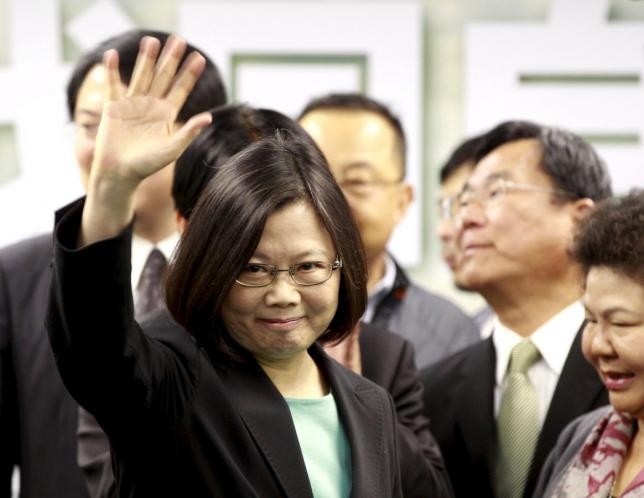China is keeping a close eye at Taiwan’s newly elected president as her administration under the Democratic Progressive Party (DPP) might promote the dangerous “Taiwan independence” Beijing is warning about.
According to AFP as posted in Yahoo News, the Communist Party of China has been intensifying the pressure on the incoming government led by Taiwan's first female president because of her party's traditional pro-independence stance.
Because of this, Reuters said that Tsai is faced with the grueling task of convincing Beijing that her democratic party is not seeking independence because any sign of it could bring the island into a war with China. The mainland has not ruled out the use of force to reign in Taiwan, which it considers a wayward province.
Clause Celebre
Despite constant assurances from Taiwan's first lady president, a clause in the DPP charter states the exact opposite.
"Based on the principle of national sovereignty, (we) advocate establishing a sovereign and independent 'Republic of Taiwan' and a new constitution that should be decided on by all residents of Taiwan in a referendum," the 591-word clause from DPP's charter states.
However, officials from the DPP clarified that the 1991 clause is already defunct, but to remove it would mean the destruction of the party; thus, the emergence of the "splittist" or separatist force that China warns about.
Pressure on Taiwan's New President
According to Koo Kwang-ming, China's constant warnings on independence is actually their way of showing that they have no way to deal with how Taiwan is progressing.
"China's attitude on opposing independence is out of touch with the real situation. They really have no way (how to deal) with Taiwan, so they take what has been stated in the past and repeat, repeat and repeat it," he told Reuters.
Tunghai University Political scientist Francis Hu believes that Beijing is sending Tsai a message with the recent grapple on sovereignty over Taiwanese suspects involved in the widespread telecom fraud.
"Beijing wants to teach Tsai a lesson. The incidents are intentional and send a very clear message that it is tightening the screws," the Taiwanese expert told AFP.
According to experts cited by the outlet, China wants Tsai to follow the footsteps of her predecessor, KMT's Ma Ying-jeou, who agreed on Beijing's idea of a "one China."
But because more and more Taiwanese feel a greater sense of nationalism, it appears as though China is threatened that their hold on their so-called "wayward province" might be at risk.
Tsai, who is living proof of the nationalistic generation that monopolizes Taiwan now, is plagued with a complex "balancing act" to please her people while maintaining the "status quo."



























